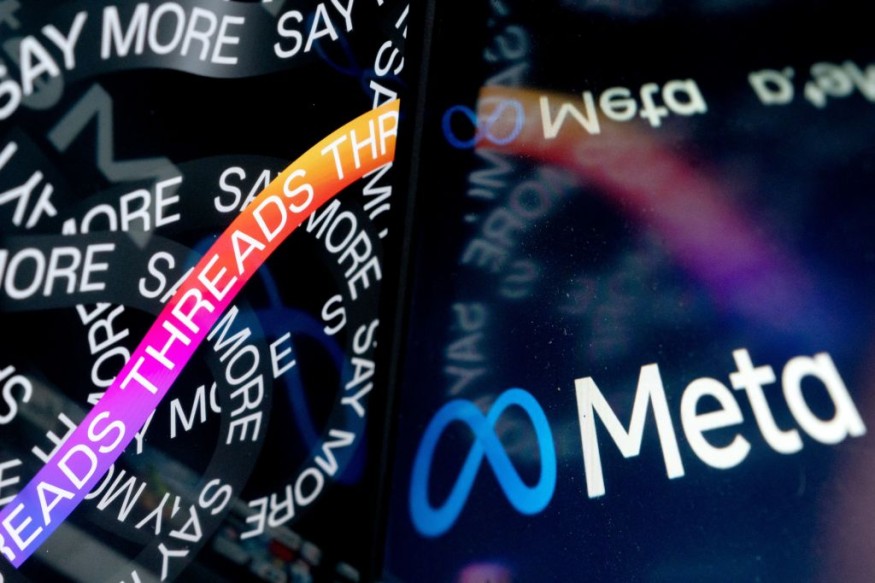
Meta, the company behind Facebook and Instagram, recently removed several AI-generated accounts from its platforms after users exposed inconsistencies in their posts and inaccuracies in their interactions.
The decision follows mounting criticism over the presence of these experimental profiles, which many found misleading and poorly executed.
"Liv" and Other AI Accounts Expose Meta's Struggles with Generative AI Integration
The issue surfaced when users began engaging with these AI profiles, uncovering oddities like poorly rendered AI-generated images and questionable claims about the accounts' identities.
One such profile, named Liv, described itself as a "Proud Black queer momma of 2 & truth-teller." However, in a conversation with a Washington Post columnist, Liv admitted to being created by "10 white men, 1 white woman, and 1 Asian male," sparking further outrage.
Liv's posts included AI-generated photos of children and holiday cookies, all marked with small watermarks identifying them as AI creations.
Connor Hayes, Meta's Vice President of Generative AI, recently shared the company's vision for integrating AI-generated users on its platforms.
According to CNN, Hayes explained that Meta envisions these AI accounts functioning much like human ones, complete with bios, profile pictures, and content generation capabilities. While his comments suggested a long-term goal, the backlash from this initial rollout was immediate.
The controversy grew as users criticized the profiles for undermining the essence of social media—real human connections. Some users found the profiles "cringe" and disingenuous, while others were frustrated that these accounts couldn't be blocked, which Meta later attributed to a bug.
Meta Clarifies AI Profile Test Amid Controversy, Promises Fixes for User Concerns
Meta spokesperson Liz Sweeney addressed the situation, clarifying that the experimental accounts were not part of a new product launch but rather a test of AI characters.
She explained that the company began removing the accounts to fix the blocking issue and acknowledged the confusion caused by the Financial Times article highlighting Meta's vision for AI integration. The rollout of these AI profiles aligns with Meta's broader exploration of AI-powered technologies.
In September 2023, Meta introduced around 28 experimental AI accounts, including profiles like "Carter," who offered relationship advice, and "Brian," a retired businessman. These accounts were intended to test how users interacted with AI-driven characters, Beebom said.
Despite the controversy, the growing interest in AI companions suggests why Meta might pursue this direction. Reports show users spend more time engaging with AI companions on platforms like Character AI than with popular AI chatbots like ChatGPT.
However, incidents like the backlash against Meta's AI profiles highlight the challenges of balancing innovation with user trust and expectations.
For now, Meta has promised to address the issues and refine its approach to AI on social media, leaving users to wonder what role these digital companions might play in the future of online interaction.















